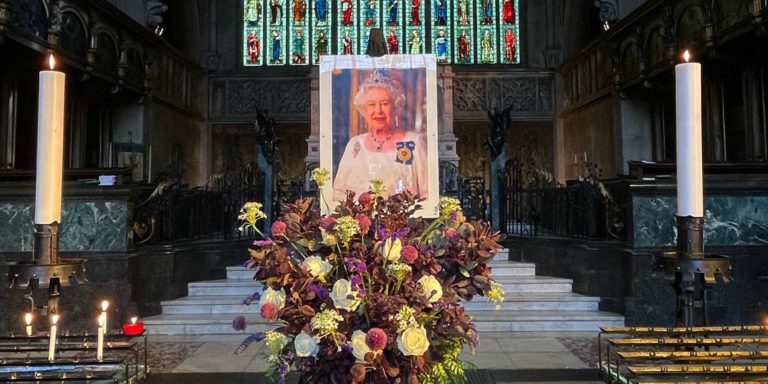
Friday, September 17th, 5 a.m.
Yesterday, I had some fantasy that if I awoke very early, I might go out and join the line of mourners who wish to visit the Queen’s coffin at Westminster Hall.
I spent much of yesterday following the queue from its end in Westminster until I finally arrived at its beginning some hours later. It was a very evocative experience. While I saw no one in tears, there was also no excitement, no festive atmosphere. The countenances reflected more of a sense of mission. People seemed to be standing in line for hours as a duty to the late monarch.
Groggy, I opened my laptop and searched for the official live “Queue Tracker” I’d found yesterday.
4.9 miles is not bad. 11 hours is. If I left now and got there in half an hour, I would be walking constantly and slowly until 5 p.m.
The news on BBC’s site is worse:
People queuing are being warned they will need to stand for many hours with little opportunity to sit down, as the queue is constantly moving.
The maximum length of the queue is 10 miles—with 6.9 miles from Westminster to Southwark, and a three-mile zigzag queue in Southwark Park.
So, I will have a more normal London day, if there is such a thing.
I will lie in until this story is finished. That will take a while, but not all day. Then I will head out and see where my feet lead me.
Remember what Bilbo used to say: It’s a dangerous business, Frodo, going out your door. You step onto the road, and if you don’t keep your feet, there’s no knowing where you might be swept off to.
J.R.R. Tolkien
Yesterday’s count was 23,139 steps. But there is something wrong. There are no steps recorded between 9 and 11 a.m. Maybe it had been turned off when it was in the charger.
As it is, this story will be incomplete. There were just too many exciting and fascinating things that happened—especially during the 6 days in Oxford. Even if I wrote it all out as line items, it would still have sad gaps.
As it was, the past week had me in close proximity to riches beyond the dreams of avarice.
Wonderland
You will recall many of Alice’s adventures were in no way pleasant. Wonderland is not always a happy place.
“Off with her head!”
London. Oxford. London.
Maybe the most wondrous bookish places on earth. Even more than Wonder Book where I work and virtually live.
Wonderland. 10 days in Wonderland. Almost all good.
Thursday, September 15th.
I left Paddington thinking I should go and experience this “once in a lifetime” experience. About 12 hours ago, I exited Charing Cross station via a different route than I’ve done before. Somehow, I came out near Horse Guards.
From there, I made my way along St James Park to Parliament Square at Westminster Abbey. There were a lot of people, but it didn’t seem much busier than the usual tourist crowd, although all the roads in the area were blocked off. There were more police and soldiers than usual. There were also many, many, many volunteers and paid private security people everywhere. All wore brightly colored vests to identify their official affiliation. DayGlo yellow, electric blue… Often lining streets standing at ten paces apart, asking, “May I help you?”
I wanted to see where the line ended—where people queuing to pay respects at the Queen’s coffin in Westminster Hall entered the building. There it was in Victoria Tower Gardens—along the river upstream from Westminster Bridge. Following the line, I was finally able to discover it crosses the Thames on Lambeth Bridge. I made my way across and stood in the center of the span. From that perspective, I got my first inkling of what was going on.
From there, it turned east again and began following the south bank of the Thames.
Thus began a day of walking and watching. I ended up tracing the Queue all the way across London.
It looked like this for miles.
I’d crossed back over the Thames on Waterloo Bridge to more familiar territory. I needed to get “hydrated.” The Black Friar pub would be easy. Knowing there would be facilities there made a difference as well.
There, I checked the Shakespeare Globe website every which way I could. I thought how lucky it would be to catch a matinee before I had to go to the Firsts—the preeminent London rare book show.
Nothing. All they were offering were tickets for Friday and onward. I usually would have surrendered, but what were the options? More walking? It was just about 2 p.m. I walked in and asked, and sure enough, there was a 2 p.m. matinee. AND there were last minute tickets. Henry VIII. It is perhaps most famous for being the play being performed when a theatrical cannon shot ignited the original Globe so it burned to the ground in 1613. I requested the best ticket available, and there was a front row center seat on the second level.
The Prologue was just starting. The performance was ok. As in my experience here before, they just seem to try too hard… to be “edgy” and untraditional.
It was fine. And good to sit for a bit. I left at intermission and continued walking eastward along the river.
The journey ended at the line’s beginning past Southwark Cathedral and then east of Tower Bridge in Southwark Park! It was off the map I had in my ILAB tote bag. In Southwark Park, volunteers would give people a color-coded wristband, and their journey would begin westward along the Thames.
Online sources were confusing, but an “official” number was 9 hours of constant walking to get back west to Westminster Hall.
I went into an unfamiliar tube station and headed back to the hotel—so very far away.
There, I freshened up a bit and headed to Sloane Square. At that subway station, one of J.M. Barrie’s “Lost Boys” threw himself under a train. Peter Davies a.k.a. Peter Pan. In [Harold] Bloom’s Literary Guide to London, an author wrote, “[Barrie] came to think of Peter Pan as ‘that terrible masterpiece.'”
From there, my phone led me awkwardly to the Saatchi Gallery. I’d been left a complimentary pass for the 50GBP “Preview” Thursday.
The building was filled with riches beyond the dreams of avarice—each one with a price tag.
I had seen so many great books in the past week that I’d had a surfeit of them. I wandered a bit, but didn’t want to interact with humans or books. I bought a few things and left.
Numbed by a black note that had been handed to me, I made my way back to Paddington. The Dickens Pub taps were all out of order, so I tried the Mad Bishop and Bear in the station. My first visit there, though I’d passed it so many times. Comfort food of steak and ale pie, chips, peas and leeks and a cask ale.
That is London to date.
At this point, I can’t convey the events of the ILAB rare book conference.
It was just too much.
Too wonderful.
My cup runneth over.
But here’s a schedule: https://ilab2022.com/schedule. At the bottom of this page, you can click for more detail. But since I’m sure this link will go away eventually, here are screenshots:
Here’s my short version. See Instagram accounts for more images. @wonderbookandvideo, @merryandpippinlotr, @booksbythefoot.
Friday.
Check in. Hotel Malmaison is a very old prison renovated into an upscale hotel. The rooms are former cells. A castle towers are next door to it. An amazing contrast.
Head directly to the Eagle and the Child pub where Tolkien, Lewis and the other Inklings often met. Closed. COVID.
Wander.
Saturday—Museum Day
History of Science—Einstein’s chalk notes on a blackboard from the 1930s…
Natural History—Dodo remains. An archaeopteryx—1 of 11 known…
Ashmolean—I got separated and ended up visiting the Pre-Raphaelite exhibition. Lucky mistake.
Dinner in Balliol Hall—which is very reminiscent of the Hogwarts dining hall.
Sunday—Bodleian Day
Up close to an annotated Middle Earth map, the only known copy of Venus and Adonis—Shakespeare’s first published work, Don Quixote 1st 1605.
Handel’s Messiah score.
Frankenstein manuscript with notes by Percy.
Kafka manuscript of The Metamorphosis.
Only known John Donne poetry manuscript. Bay Psalm Book… etc., etc., etc.
Monday—Colleges Day
University, All Souls, Merton, Christ. I skipped lunch and went to New College on my own. There was an Elizabethan Garden there.
Evening—punting on the Cherwell. (These boats are very unsteady—as was I—in clogs and exhausted. I clambered in pathetically. I was happy I did it. I was happy when I was back on dry land.)
Tuesday
Sir Paul Getty’s Wormsley Library containing riches beyond the dreams of avarice.
Images here: https://wormsley.com/venues/library/
The most beautiful and comprehensive collection I’ve ever seen up close.
Waddesdon Manor, built by Baron Rothschild in the late 19th century. Private close-up exhibitions of wondrous bindings, artwork and halls.
Farewell dinner at the Perch—on the Thames. One of Oxford’s oldest pubs.
Over the 5 meals, they made sure we were seated with different people. My companions included French, Danish, Dutch, German and many British booksellers.
Wednesday, September 14—Depart Oxford.
On board the Great Western Railway from Oxford to London.
I am facing backward, so the countryside seems to be retreating.
Leaving Oxford after five days, the dream world there is retreating, retreating into the near past. But the distant past is still with me.
Or was it six days? Hmmm… Friday morning til Wednesday morning—inclusive.
First stop, Reading.
Reading Railroad. That was always one of my favorite properties playing Monopoly.
What was Oxford like? Wonderland.
How much can one absorb?
Next stop, Slough (sl-oww as in “wow.”)
Next stop, Paddington.
“We will be calling on Paddington only.”
Everyone on the train is on a handheld machine or laptop. I look up, and the world is still retreating, retreating.
It is 5:43 a.m. at home.
Monday, September 12—Colleges Day
Riches beyond the dreams of avarice.
It was a night of confused dreams. Numbed by a day of impossible interactions. Then an evening where wine flowed like a mountain spring. The night ended seated on a pitch with others whose lives are books. Above us to the right, an ancient prison towered. To the left and before us, a castle rose, illuminated as if on fire. And (I swear and avow) Ginevra de Benci appeared next to me. I poured her a glass of rain and sun, soil and grapes and… time. She spoke in iambic pentameter and told me a tale as old as time. She has sat with da Vinci and Blake and, now, with me for an hour. And then she was gone into the night. But I own that hour. It can never be pried away from me. Others came and went. Words and experiences were exchanged. Who were they? All new and different. Faces in the night.
Voices in the dark. When the last drop of champagne was squeezed from the bottle, I was empty as well as filled. Carried to my room, my monk’s cell, on legs that acted on their own volition, I fell into the cloud of white linen safe as a house. There I kept falling, falling topsy-turvy, light as a feather, with arms and legs flailing in slow motion, into dreams. Or were they visions? I woke surprised and more than a bit disappointed that the gray light meant it was a new day. Yesterday’s journey was far too short. But I will own what I saw and experienced until I die. Maybe beyond that. For who knows what dreams may come? It cannot get better than that. But then, it always does somehow. I can never go back, but I own yesterday and last night.
Native Americans counted coups. A mere touch was a victory. And they could keep tally by adding another feather to the personal coup stick.
But counting coup has a much deeper history beginning long ago and perhaps on both sides of the Atlantic. The Cheyenne or Arapaho pictograph below demonstrates the act of counting coup. Counting coup refers to the winning of prestige in battle, rather than having to prove a win by injuring one’s opponent. Its earliest known reference (by act, not by that name) is from Shakespeare’s “Hamlet” (Act 5, Scene 2) where Laertes and Hamlet conduct a mock swordfight before King Claudius and Queen Gertrude. Hamlet strikes Laertes with his sword lightly, not enough to wound, and remarks, “Another hit; what say you?” To which Laertes responds, “A touch, a touch, I do confess.”
https://nativeheritageproject.com/2012/10/05/counting-coup/
Donne, Kafka, Shelley (and Shelley), Tolkien, Shakespeare, Einstein—many, many more—the Pantheon—just one arm’s length away. My arm. The measure from shoulder to fingertip. Riches beyond the dreams of avarice. But there was no hunger to own them.
I learned long ago that you can never own anything. You can possess things for a day or a year or a lifetime. And then? The owner moves on, and the possessions, dispossessed, move on to someone and somewhere else.
And there was no touching. Eyes only. And mind. And each one I counted as a coup.
When I was last in London, I went to the Anchor next to the original Globe for a pre-play pint. Dr. Johnson was involved in the auction of a previous incarnation there. It was a friend’s estate. To boost sales’ values, he wrote, “You will be able to acquire riches beyond the dreams of avarice.”
Henry Thrale had not the business acumen of his predecessors but the brewery continued to flourish under the managership of John Perkins who had joined the firm circa 1763 (fn. 176) and whose presence of mind saved the premises from damage during the Gordon Riots. Henry Thrale died in 1781 and the brewery, described by Dr. Johnson as “the potentiality of wealth beyond the dreams of avarice,” was sold by auction to Robert Barclay for £135,000.
https://www.british-history.ac.uk/survey-london/vol22/pp78-80
I am lucky with the riches I have—for a while. Are they beyond the dreams I once had? I really don’t know. It is still a work in progress.
“We are now approaching London Paddington, where this train terminates.”
The outskirts are retreating, retreating.
“We wish you a safe and pleasant onward journey.”
I hope for a pleasant onward journey.
We rolled off the train and up the platform. A few short steps to the escalator up to the Hilton, where this began nearly a week ago.
I stepped shyly to the reception counter and asked, “Is it too early to get a room?”
The young woman looked doubtful. It was about 11 a.m.
“Yes. Yes, we do.”
Thank you, thank you, thank you. I could leave my (now) very heavy bag at the bell desk, but I would need to carry my knapsack, as I don’t want to be separated from important papers in a place I can’t control.
She studied the screen before her intently.
“Would you like an upgrade?”
“Is there a charge?”
“No. It is complimentary with your Diamond status. Would you mind waiting for it, though?”
“I’d rather just get rid of my bag so we can start the day.”
More intent study. She waved over her supervisor and pointed to the screen.
“Can I do this one?” she asked.
“Yes.”
She handed me the packet with the key card and other info in it.
“It is 343. A Queen Suite.”
Well, that’s appropriate.
When we got up there, there were two numbers on the door. I opened the door and looked down a long hall with a couple of open doors opening to the right.
“Sweet! I could rent the extra space out to other booksellers,” I said to Laurelle.
Now we had to find her hotel down near Sloane Square. She suggested a cab, but being an expert, I insisted on the Tube.
“A cab is expensive and can get stuck in traffic.”
Paddington has 5 subway lines at 4 locations around the station. Which line would get us to Sloane Square?
It was easy. Except the luggage. There were a LOT of steps down to the Circle Line platform. I courteously offered to take one of her bags. It wasn’t that big, but felt like it was full of books. We didn’t need to change trains, and soon an escalator took us up to the earth’s surface in Sloane Square. It was a bit crowded and so I rushed. The bag got wedged in the turnstile, and the gate closed on my hand.
“Damn!” I looked at my wrist and blood welled up. “Save a buck, idiot.”
I hope she has a band-aid.
We got her checked (and she had a band-aid) and headed out walking.
The first stop was the Holy Trinity Church, just above Sloane Square. I stumbled upon this years ago and now stop in whenever I am close.
John Betjeman dubbed it “The Cathedral of the Arts and Crafts Movement.”
The enormous east windows are a vast tapestry of stained glass.
It makes one’s heart soar wherever you pause and take something in.
Every church and many other places have shrines to the late queen, along with a condolence book to sign and candles to light. I’ve lit many candles on this trip.
From there, I suggested Harrods. It is a beautiful walk. Private gardens and lovely homes. It is also fun to see the cars parked in front of some. Bentleys, Rolls, Lamborghinis… and a lot of Minis.
Harrods has a strategy to constantly renovate and move concessions around—eliminate and add different vendors. I thought I could lead us intelligently, as I had been through just months before. Nope.
For instance, the bookshop was no longer on the 4th floor. Searching the directory, I found it had moved to the basement—since June! Leaving the shop, I saw the near secret entrance to the Baccarat Bar. I’d peeked in before, but never had the nerve to enter alone.
I ordered a Vesper, and my friend decided to try one too. It is a very bookish drink.
The bartender put on a show for us.
He did the “long pour” 4 or 5 times. I asked permission for the video. He was reluctant because:
“I’m afraid one more might dilute it.”
We chatted about the crystal display behind the bar.
“This is my favorite. It is called Rohan. I am a Lord of the Rings fan. It is made by a special machine from the 1930s. When it breaks, there will be no more made.”
We chatted about Tolkien and the book show. We were the only ones in the bar.
I decided to find the Baccarat section in Harrods. 3rd floor. There they were.
I bought two tumblers. I’m sure they will be “rare” and “out of print.”
Rohan tumblers.
That evening there was a reception at the venerable Maggs (est. 1853) bookshop in Bloomsbury. It was a stunning place filled with riches beyond the dreams of avarice.
It is very near the British Museum, and I recalled the dinner I’d had after the dedication of a state-of-the-art Egyptology lab in honor my departed friend Barbara Mertz. After the ribbon cutting and getting up close and personal with stacks of mummies in the bowels of the Museum, we all went to dinner—her daughter, grandchild, friends and fans.
After the reception at Maggs, we went to dinner. Sadly, Tas was full, but around the corner was a tiny French bistro—Savoir Faire. It was wonderful. We shared a bottle of claret—which is a peculiar old school British name for some French Bordeaux wines.
Friday is aging.
It is 4:30 a.m. in the US. 9:30 here.
I need to end this and get out to London.
It was all so much. I wish I could share it all. All the books I saw. All the bookish sites.
All the interesting booksellers.
Too many. Too many. Too many. Too much.
And gardens! Wondrous gardens.
At the Getty formal gardens in Wormsley, we played a bit of croquet. (It had been so long since I played that I’d forgotten the rules—we used to set it up in the back yard.) After, I went to the rose garden. The gardener started explaining the pruning philosophy.
“We try to get three ‘flushes’ per year per plant. Late spring. Mid and late summer. We do succession pruning, so there are always roses in bloom here. Most of the work on the roses is done when the plants are dormant, and we have more time. There is so much to do in these gardens.”
I know.
The work never ends.
Other things do.
Then someone must pick up the work, or the garden goes to chaos.

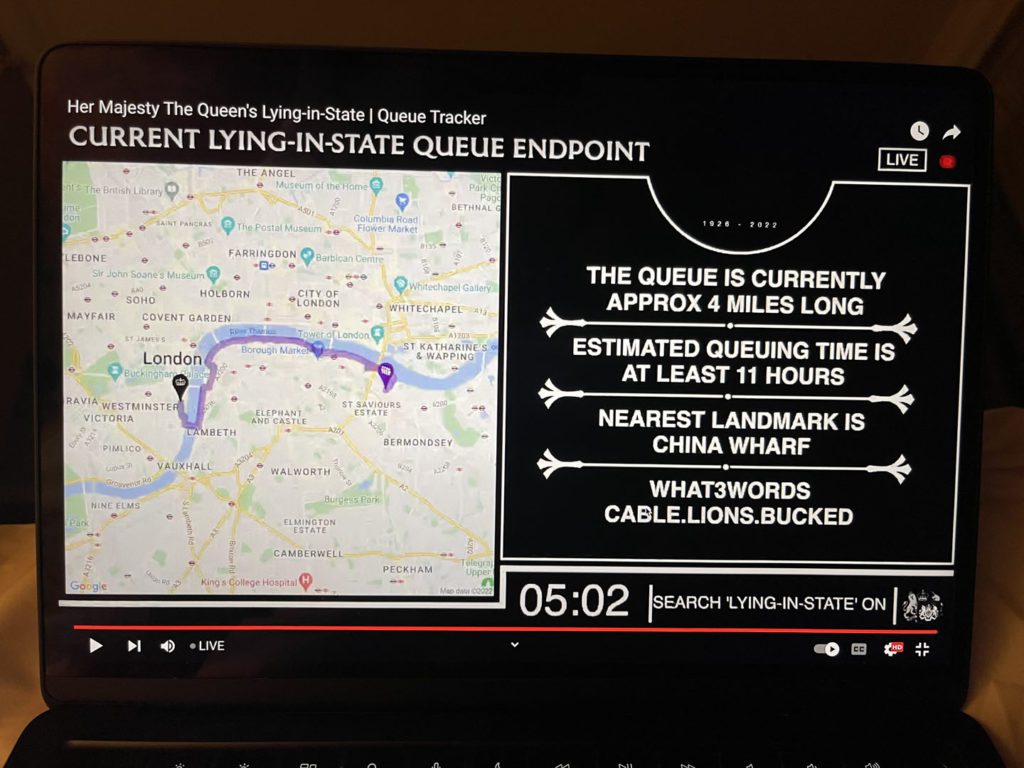
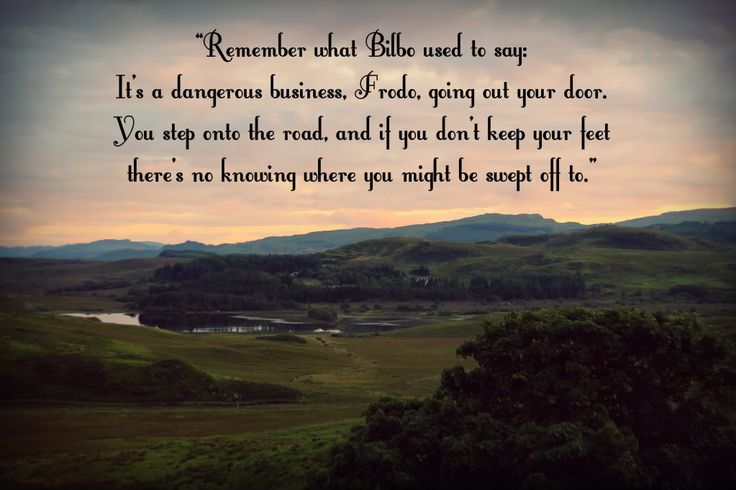

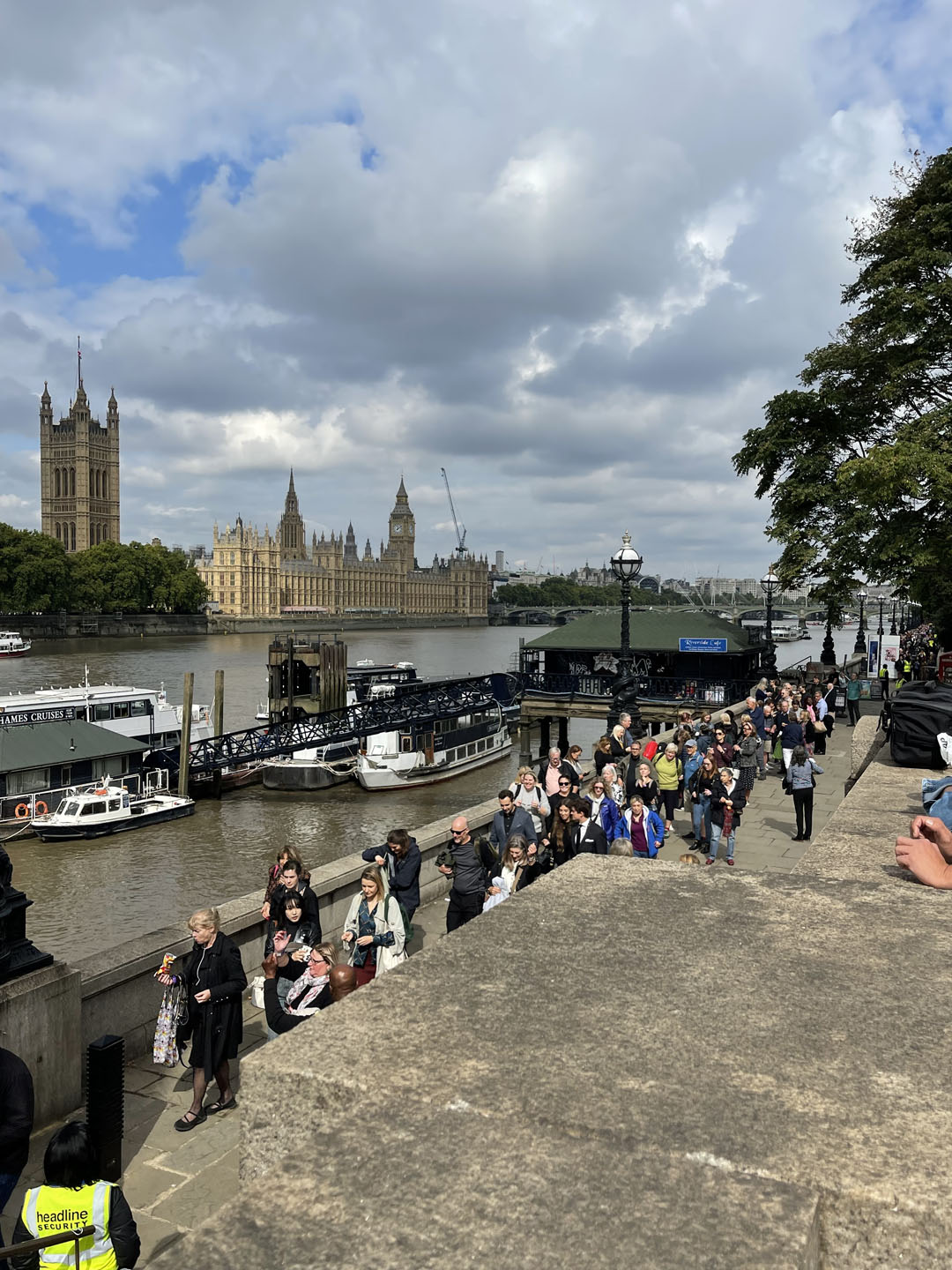
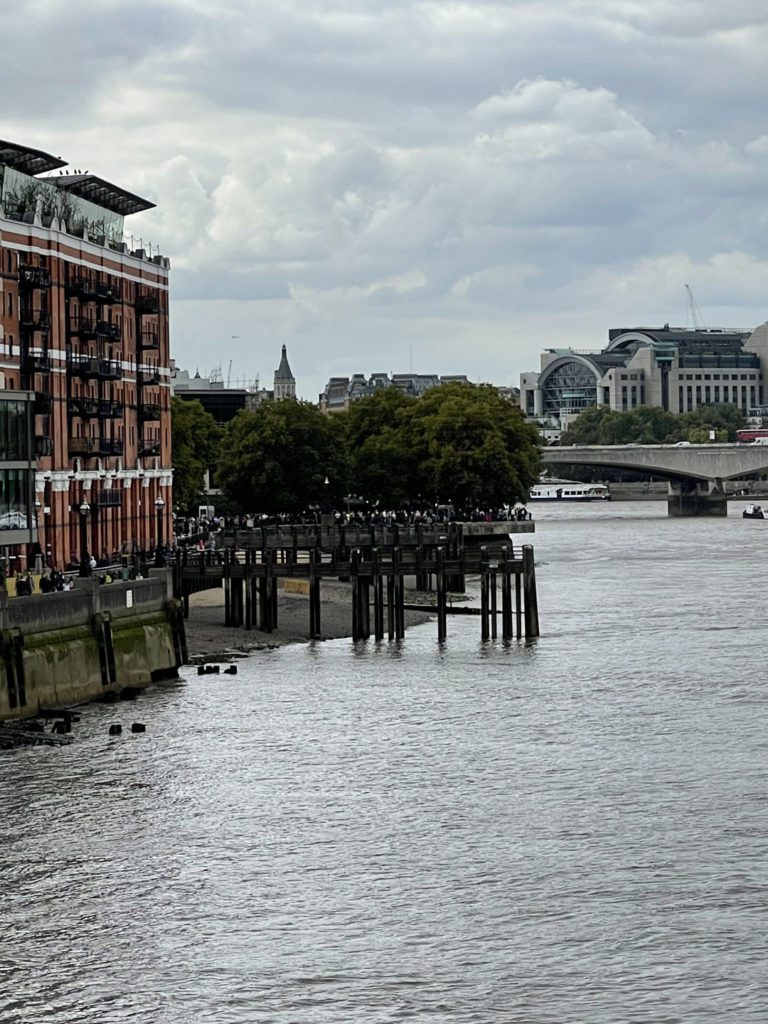
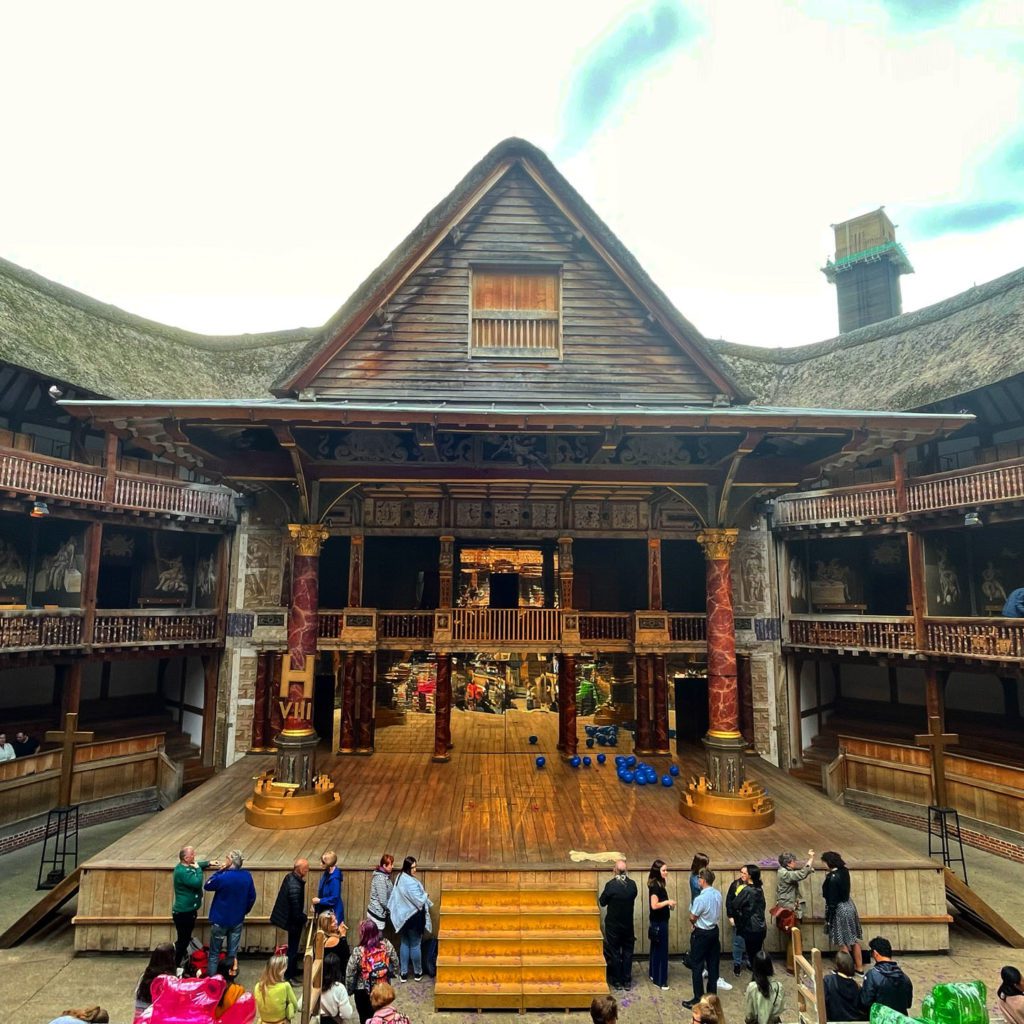


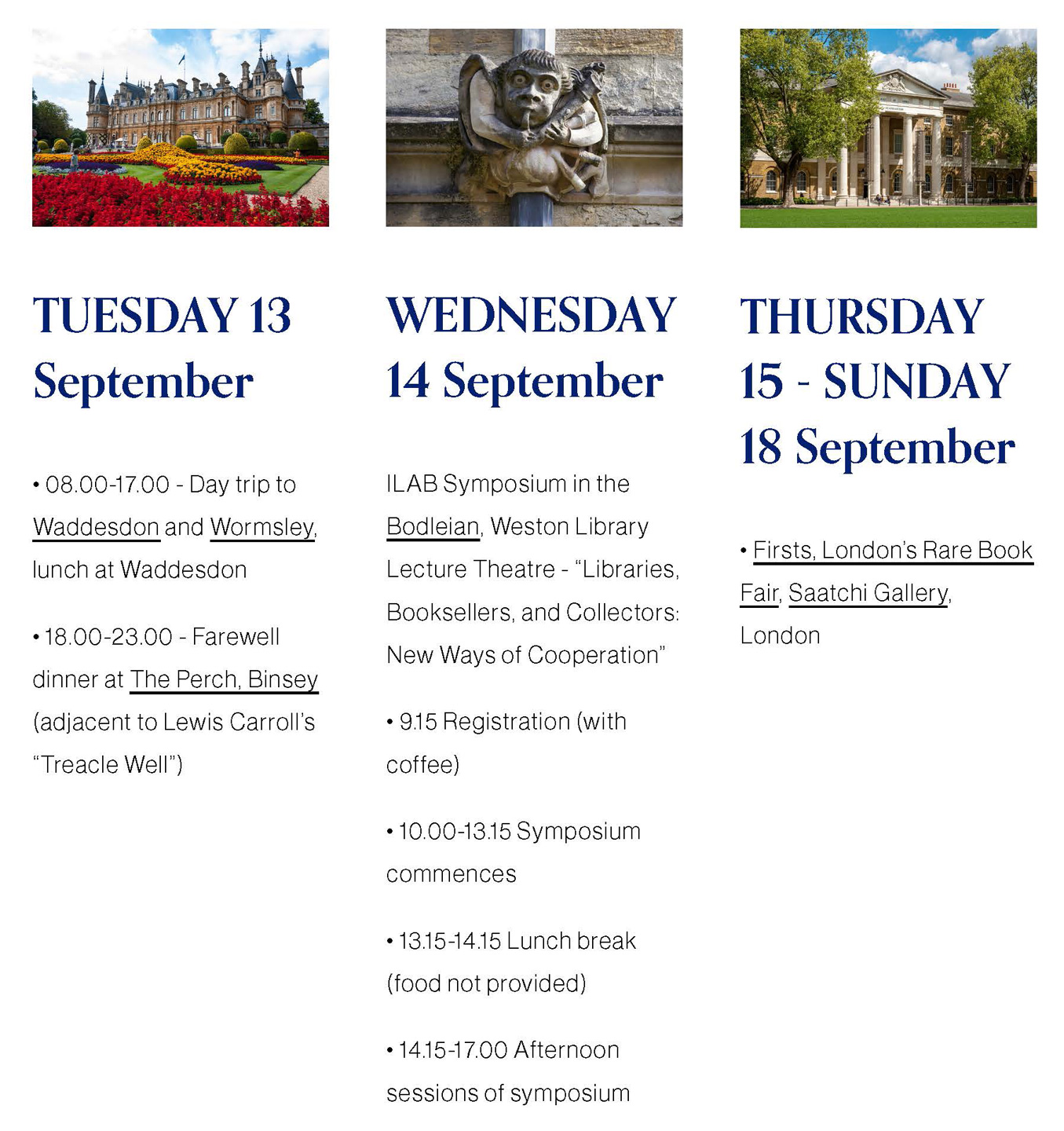
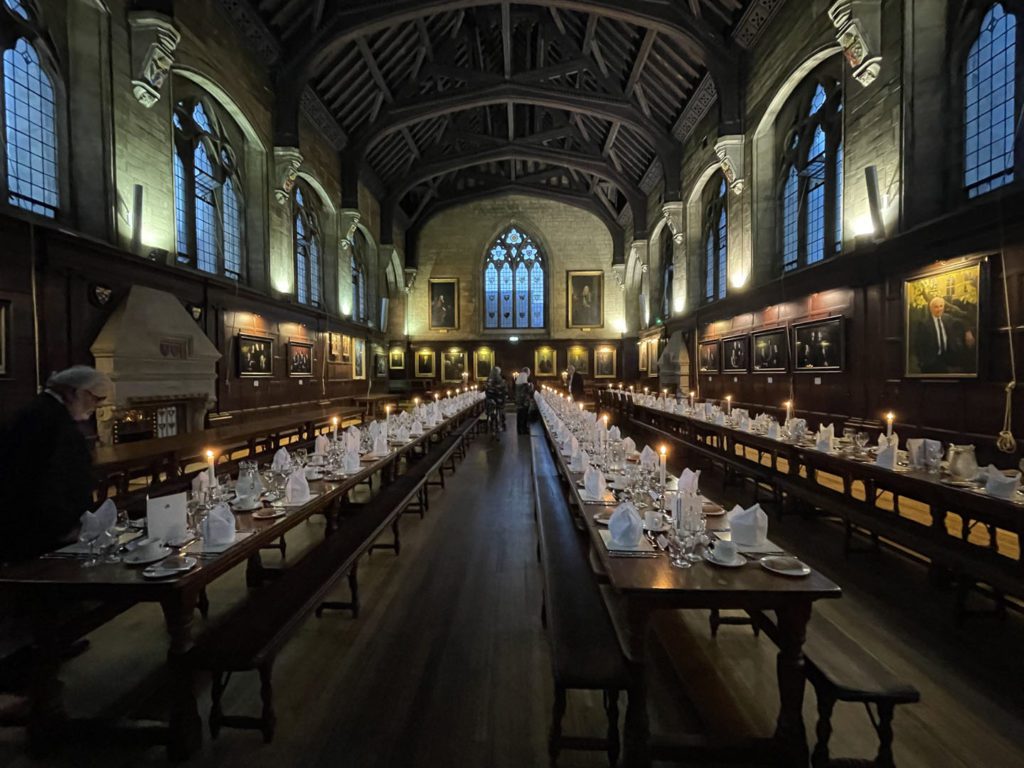
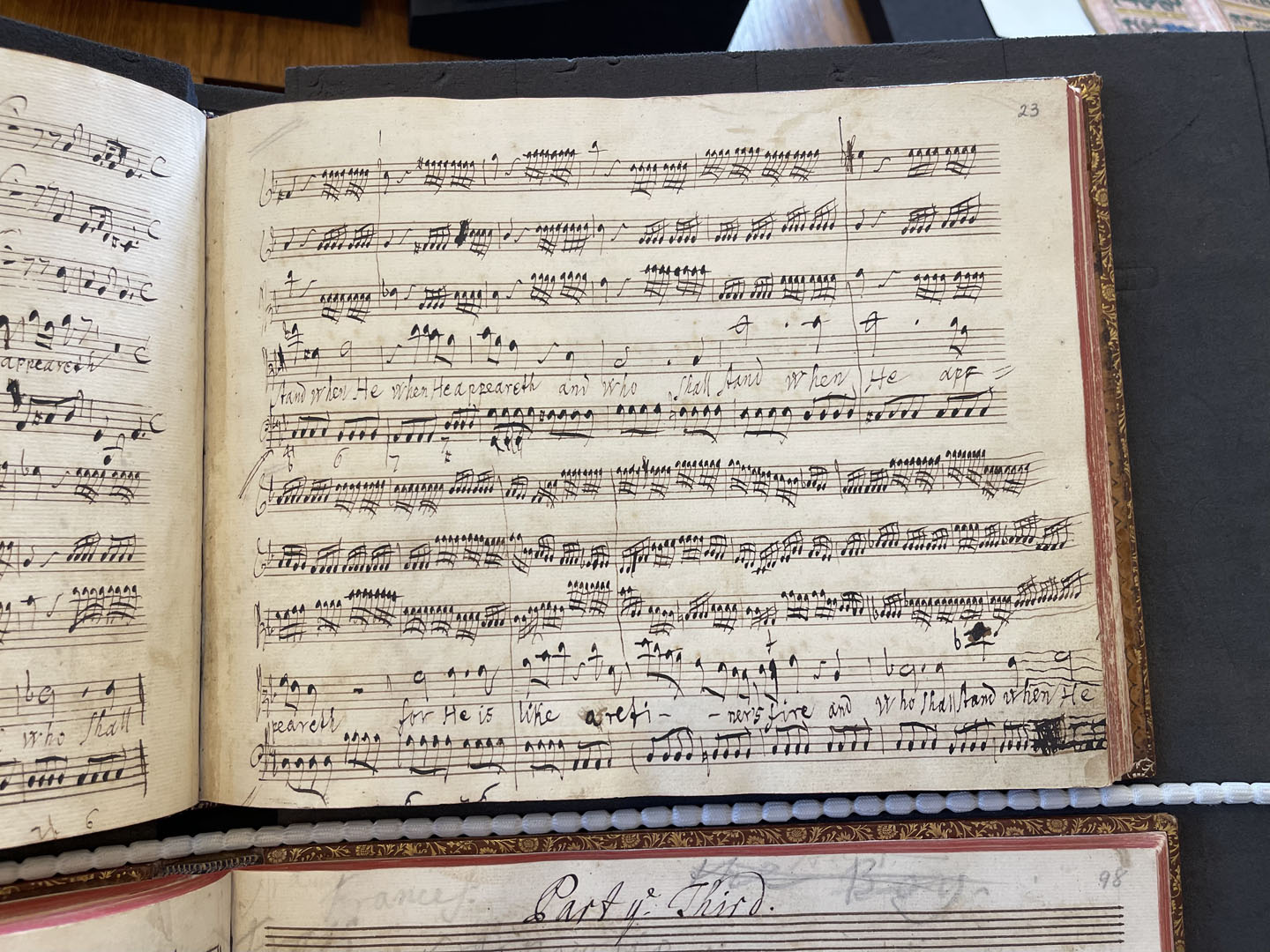
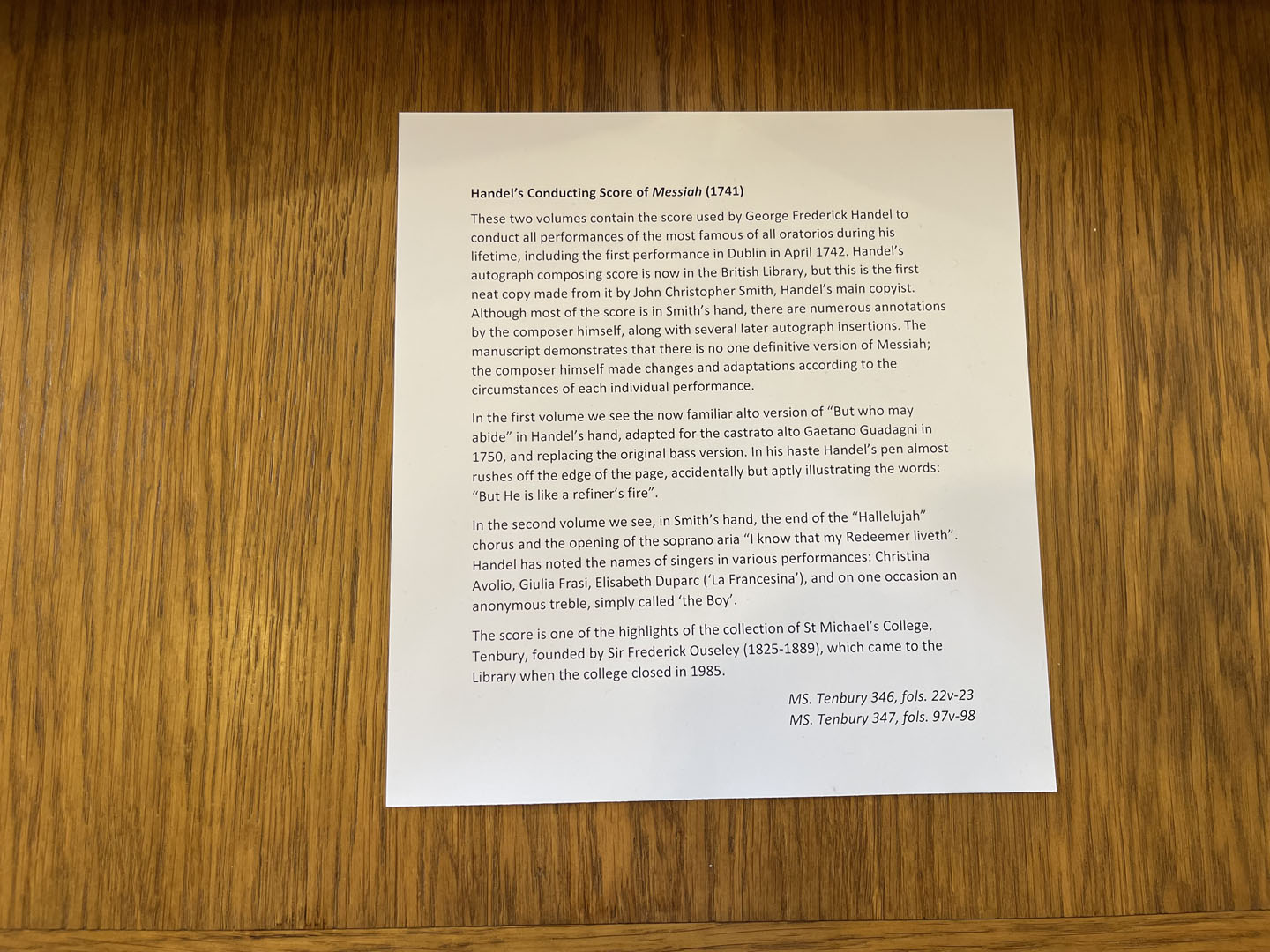

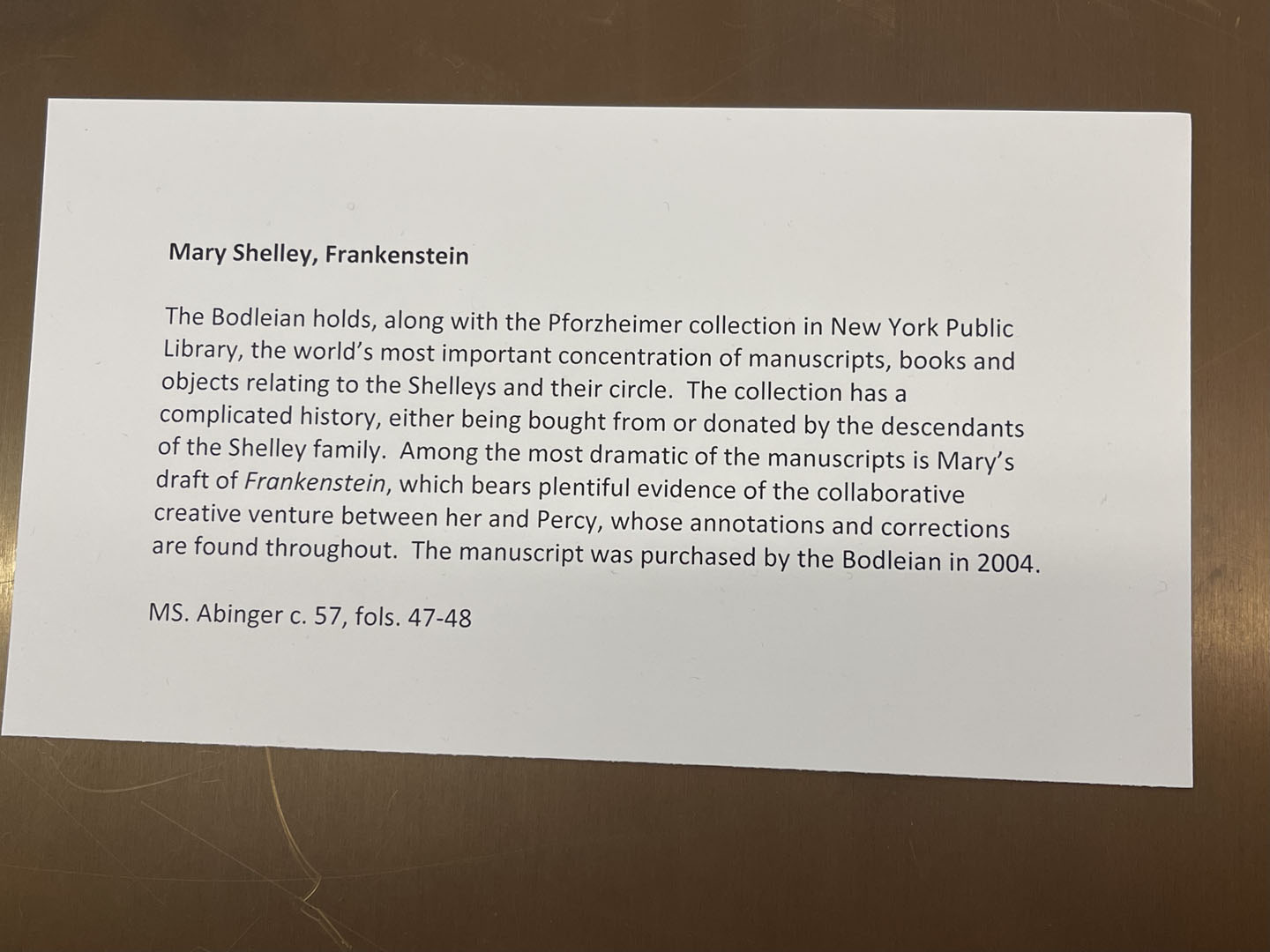
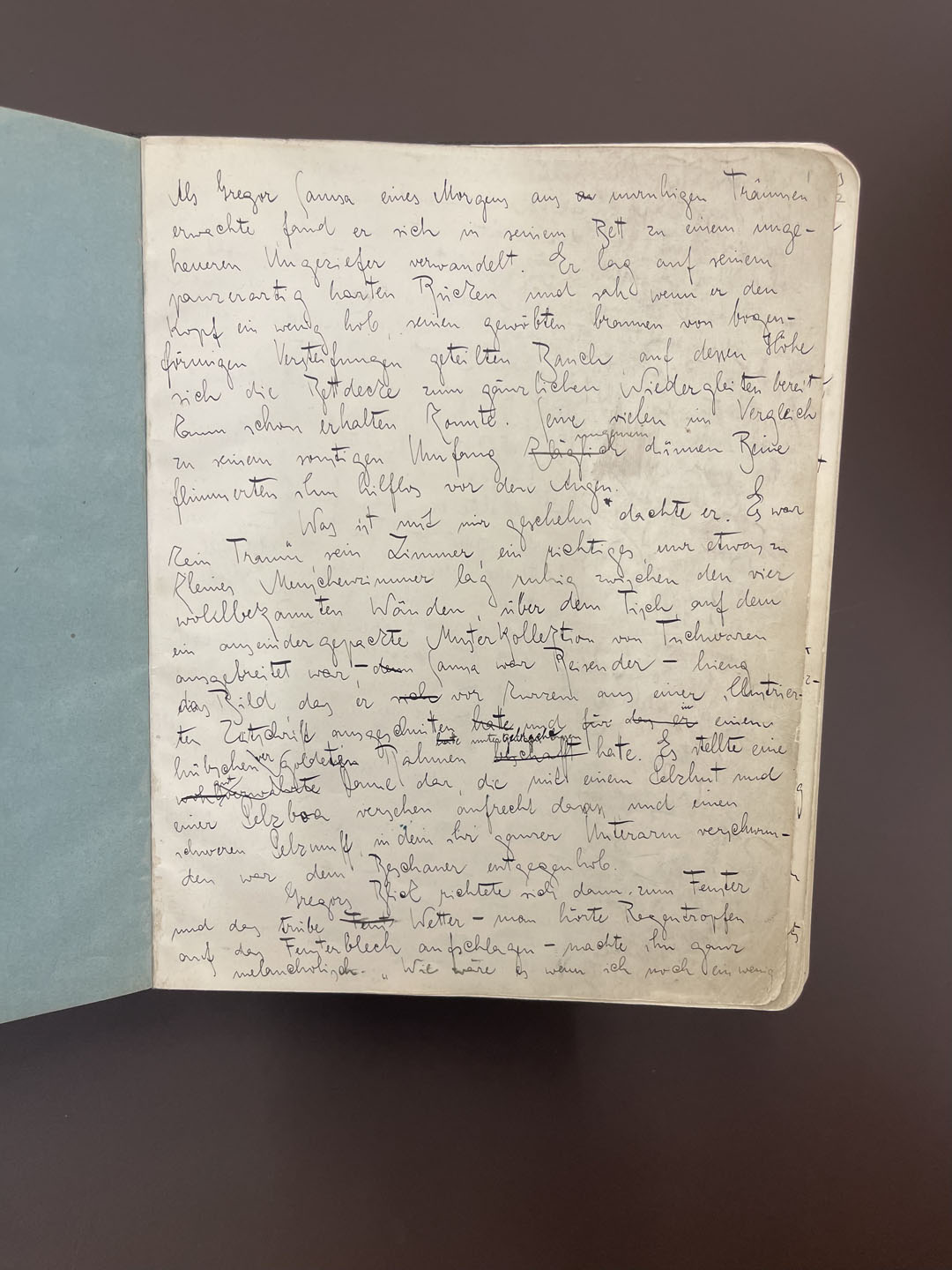
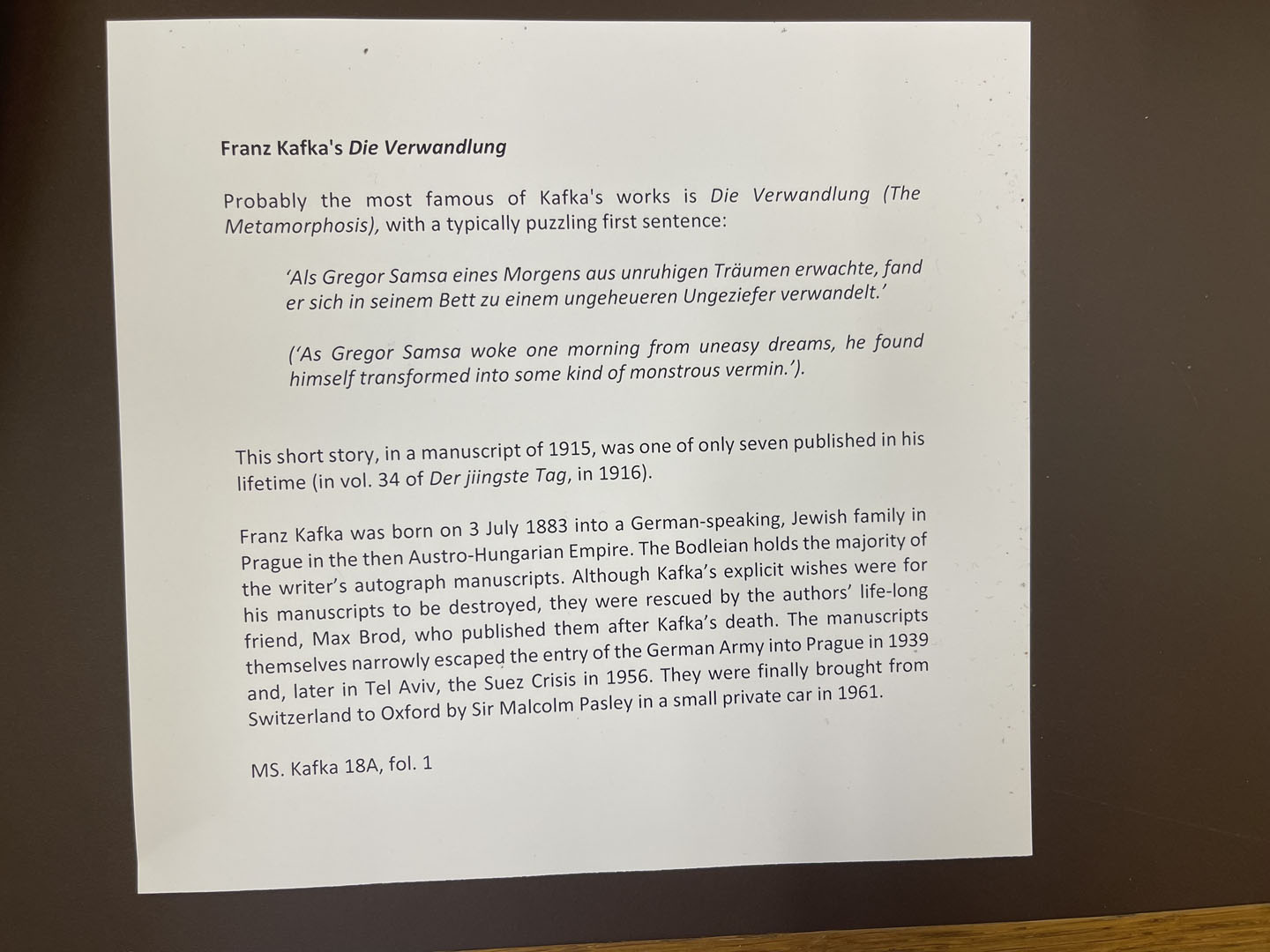
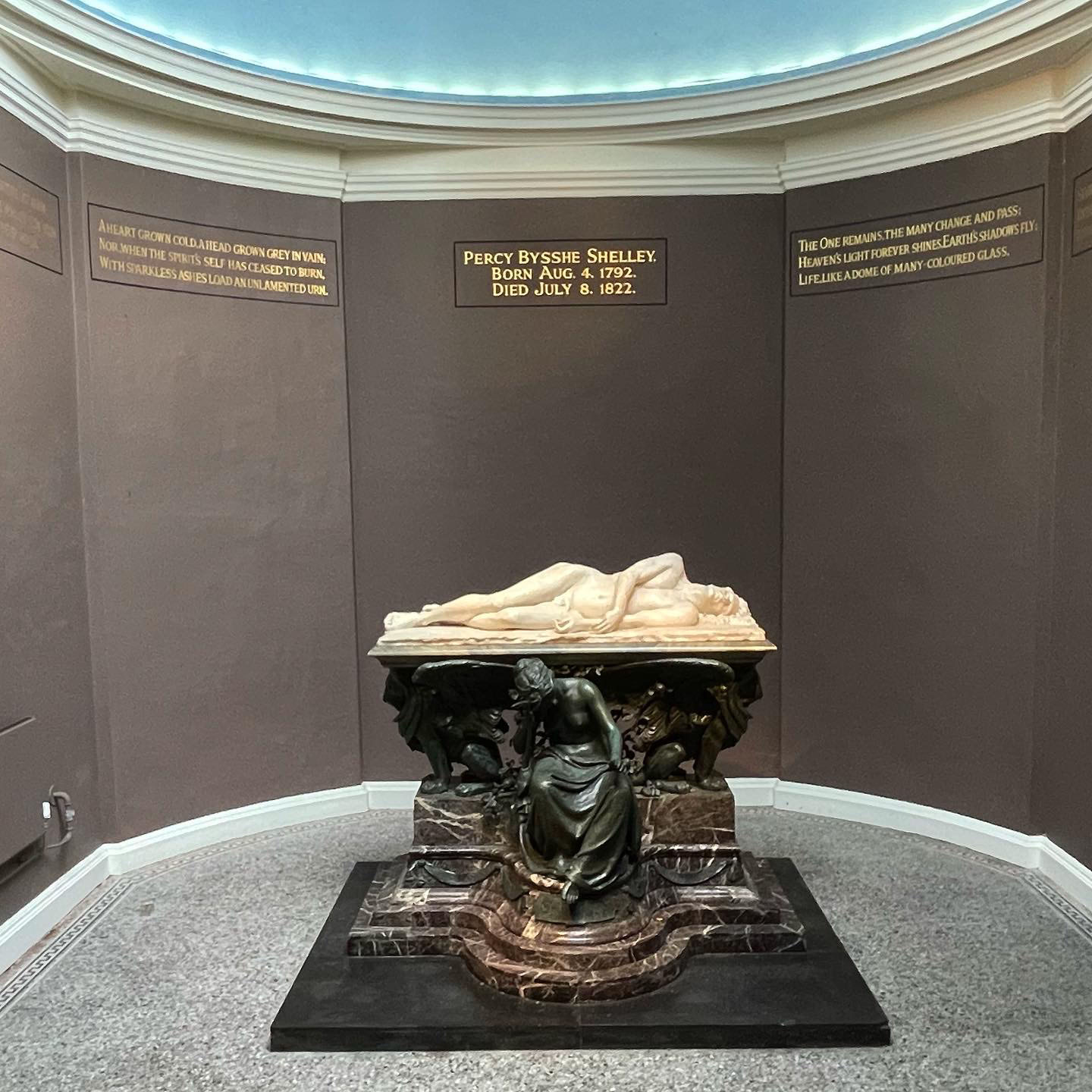
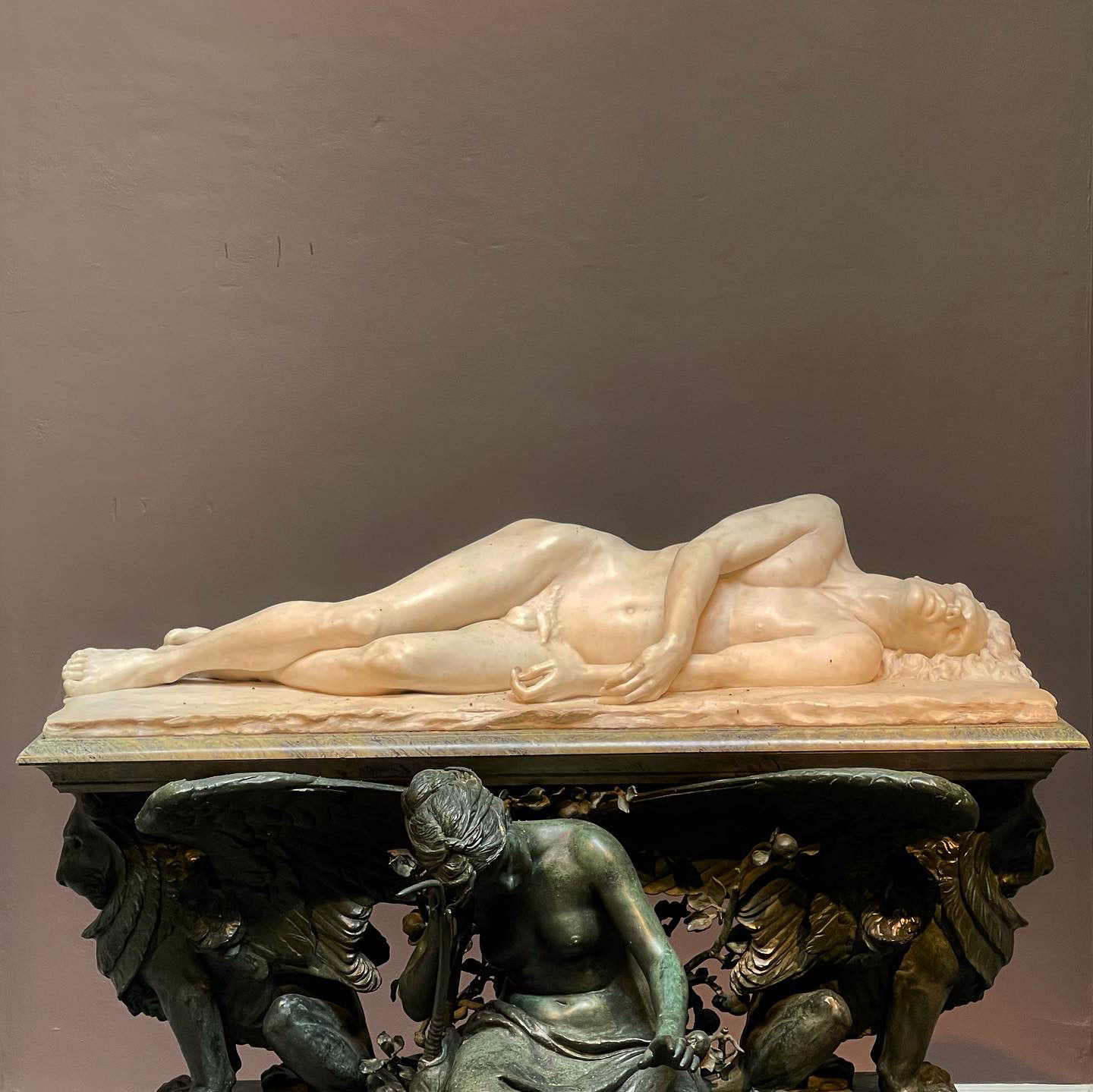
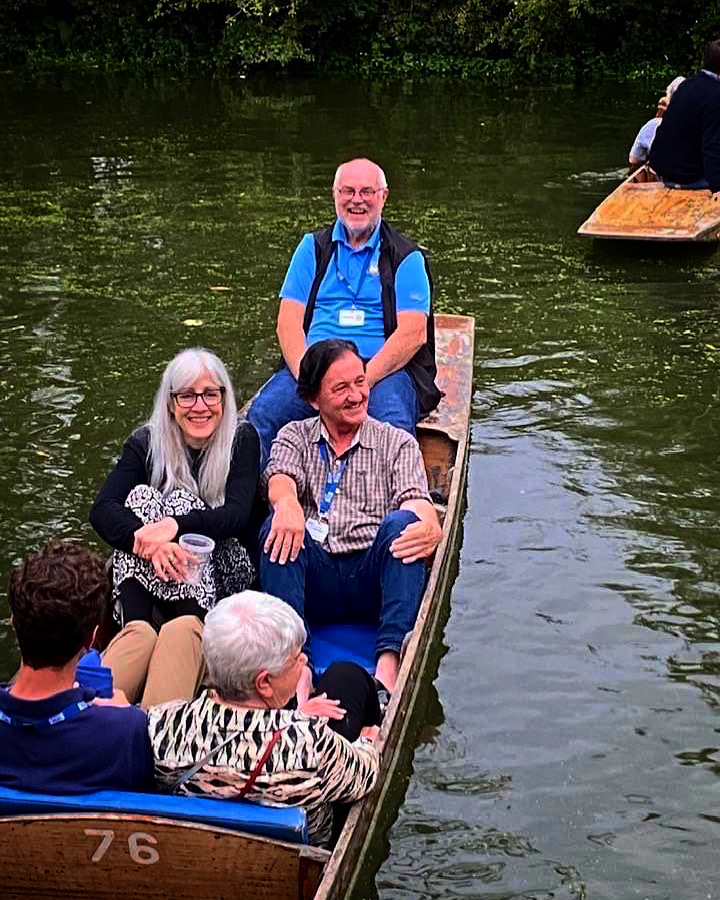

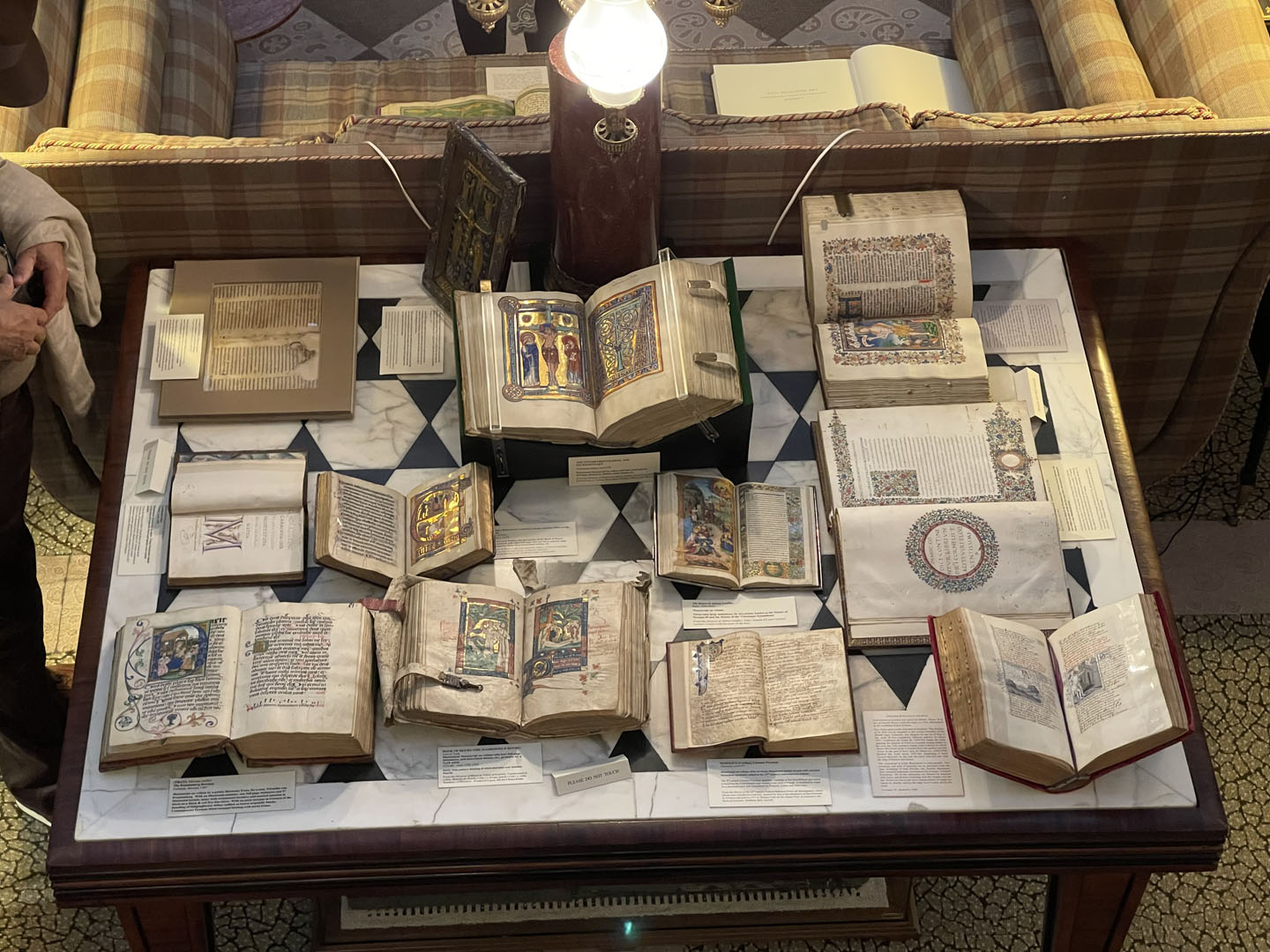
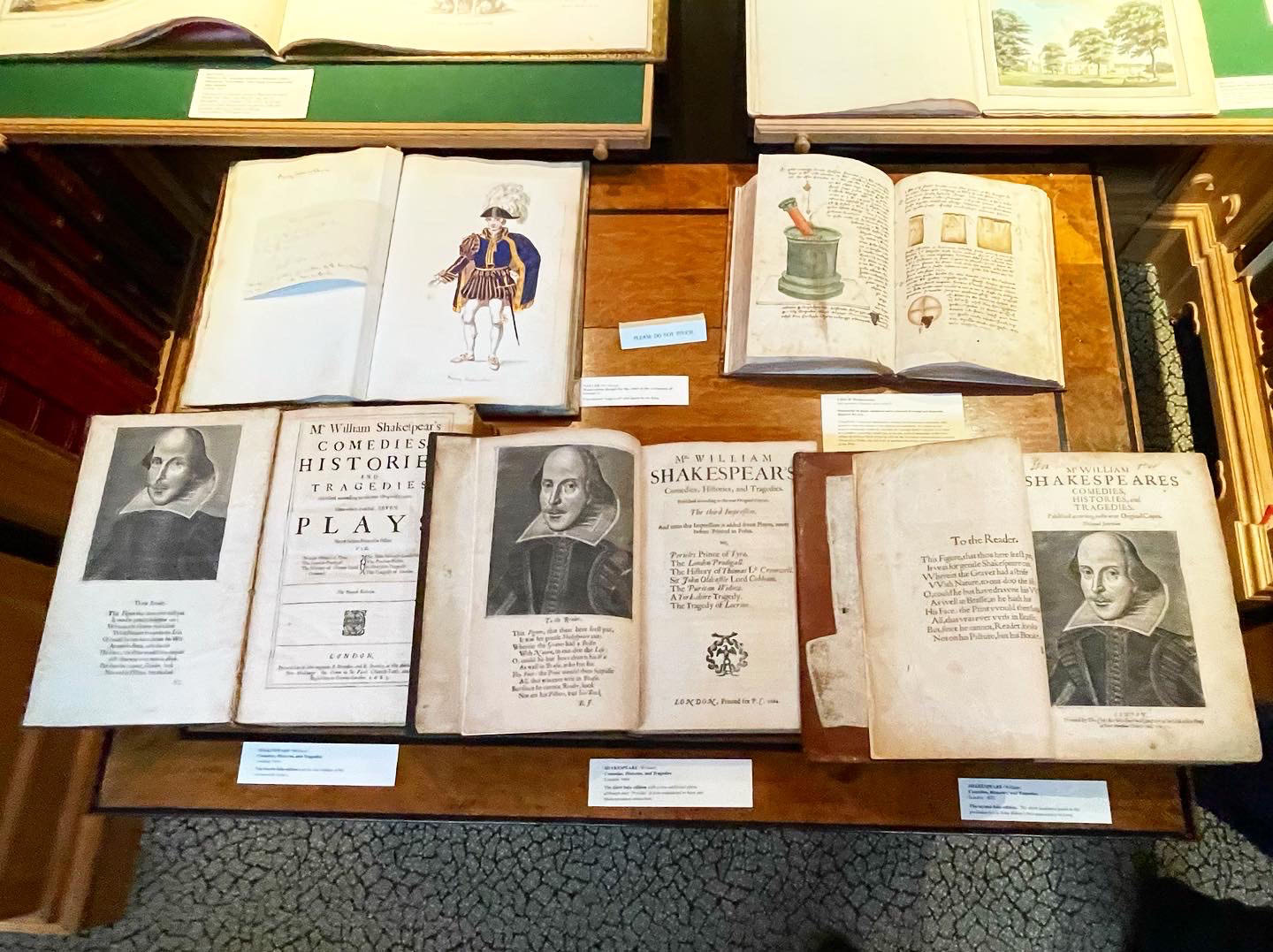
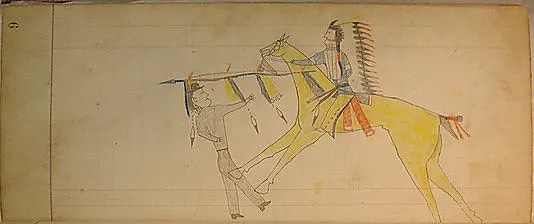
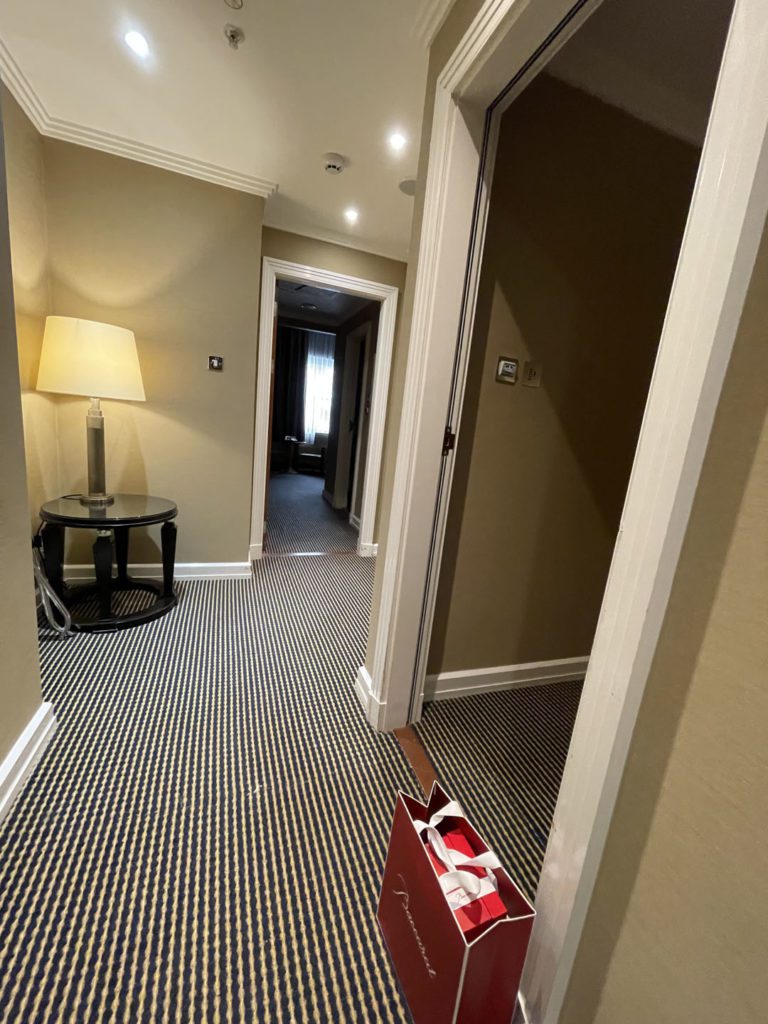
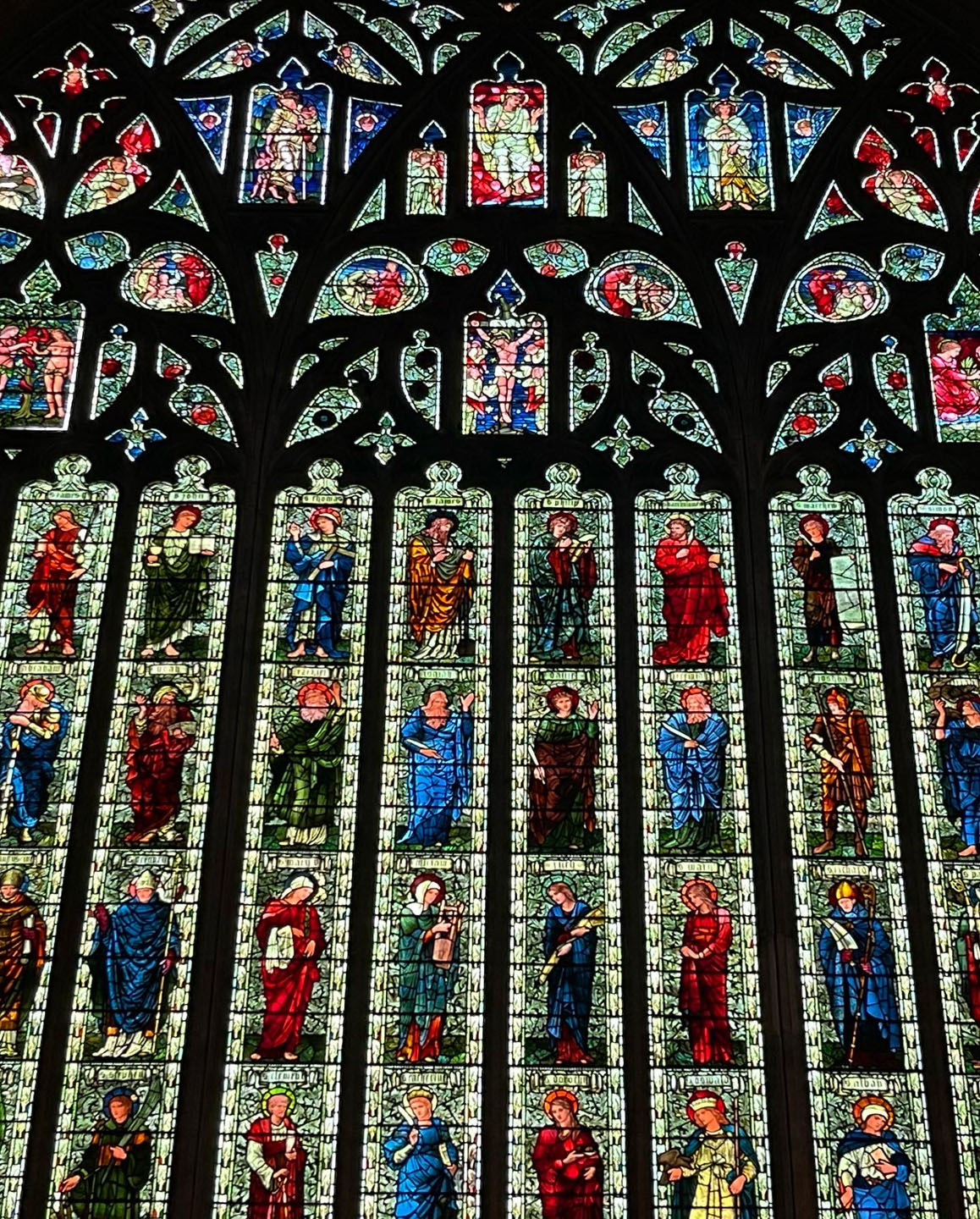
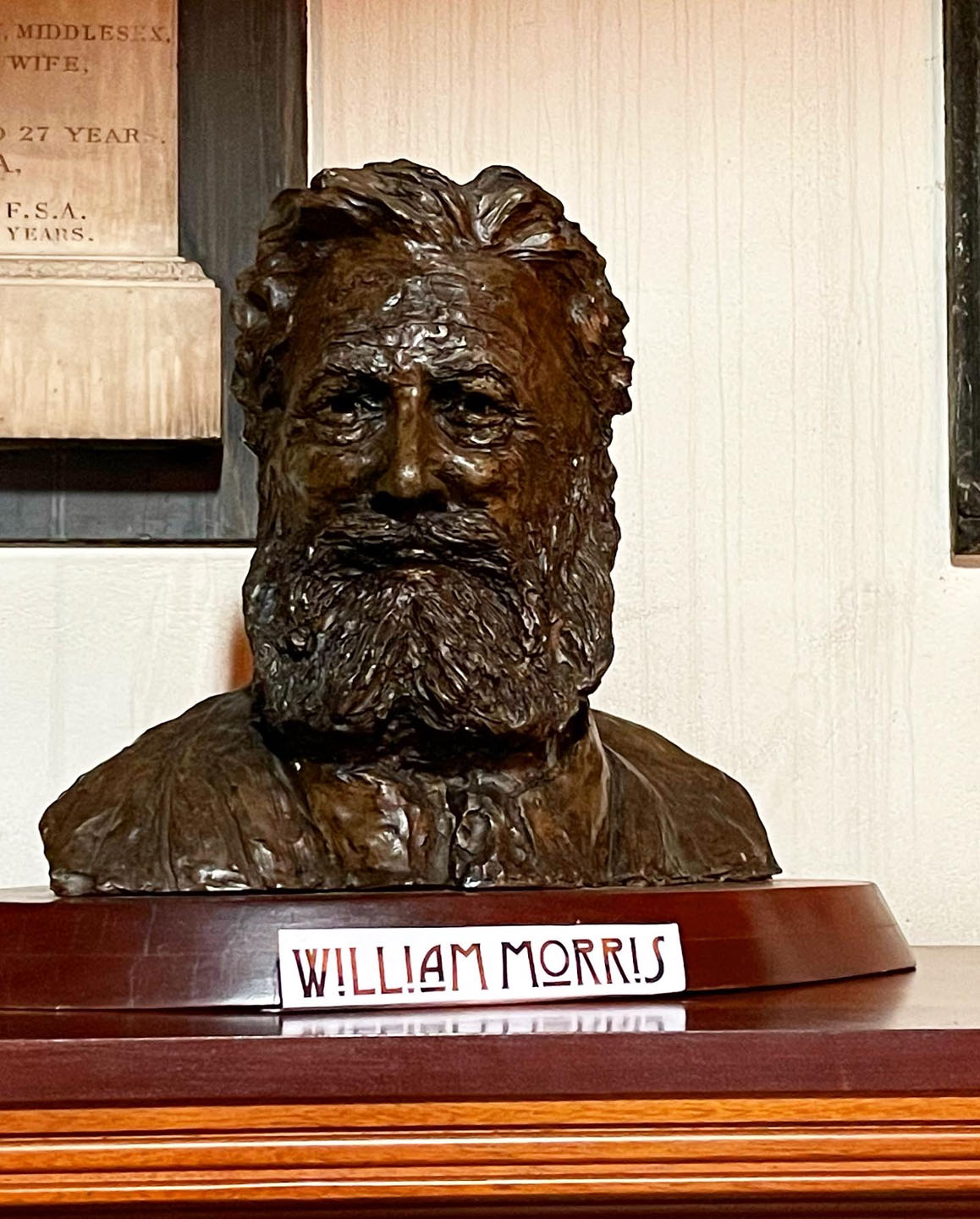
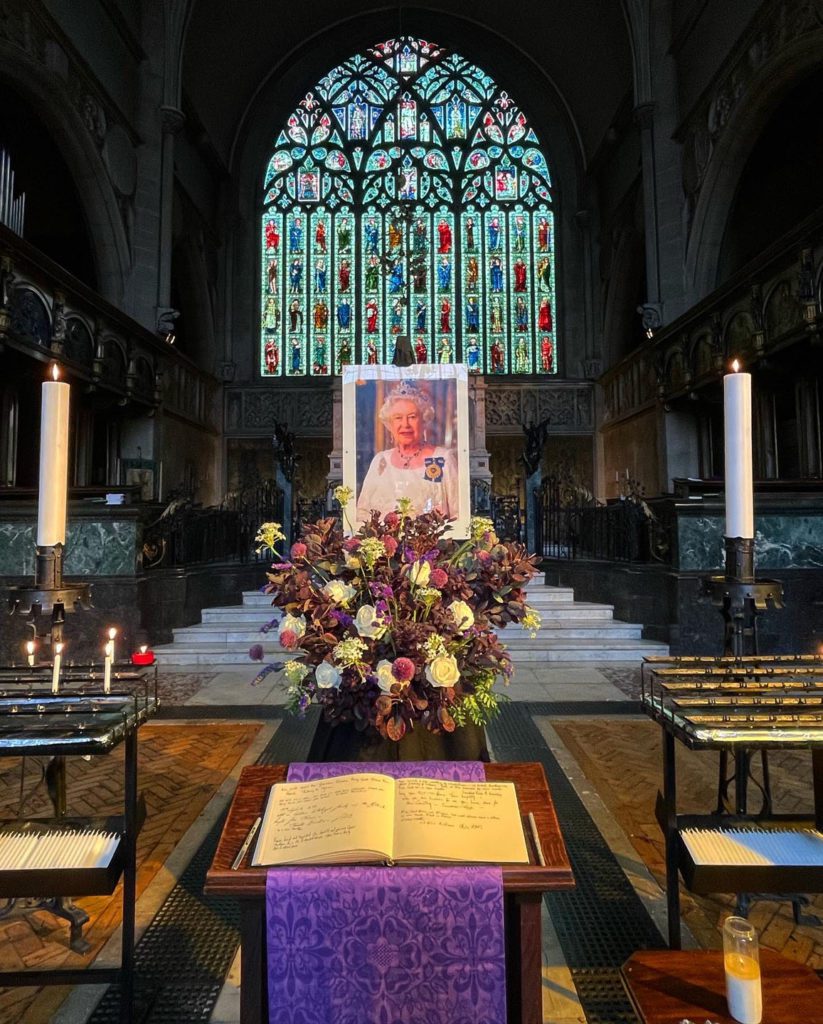
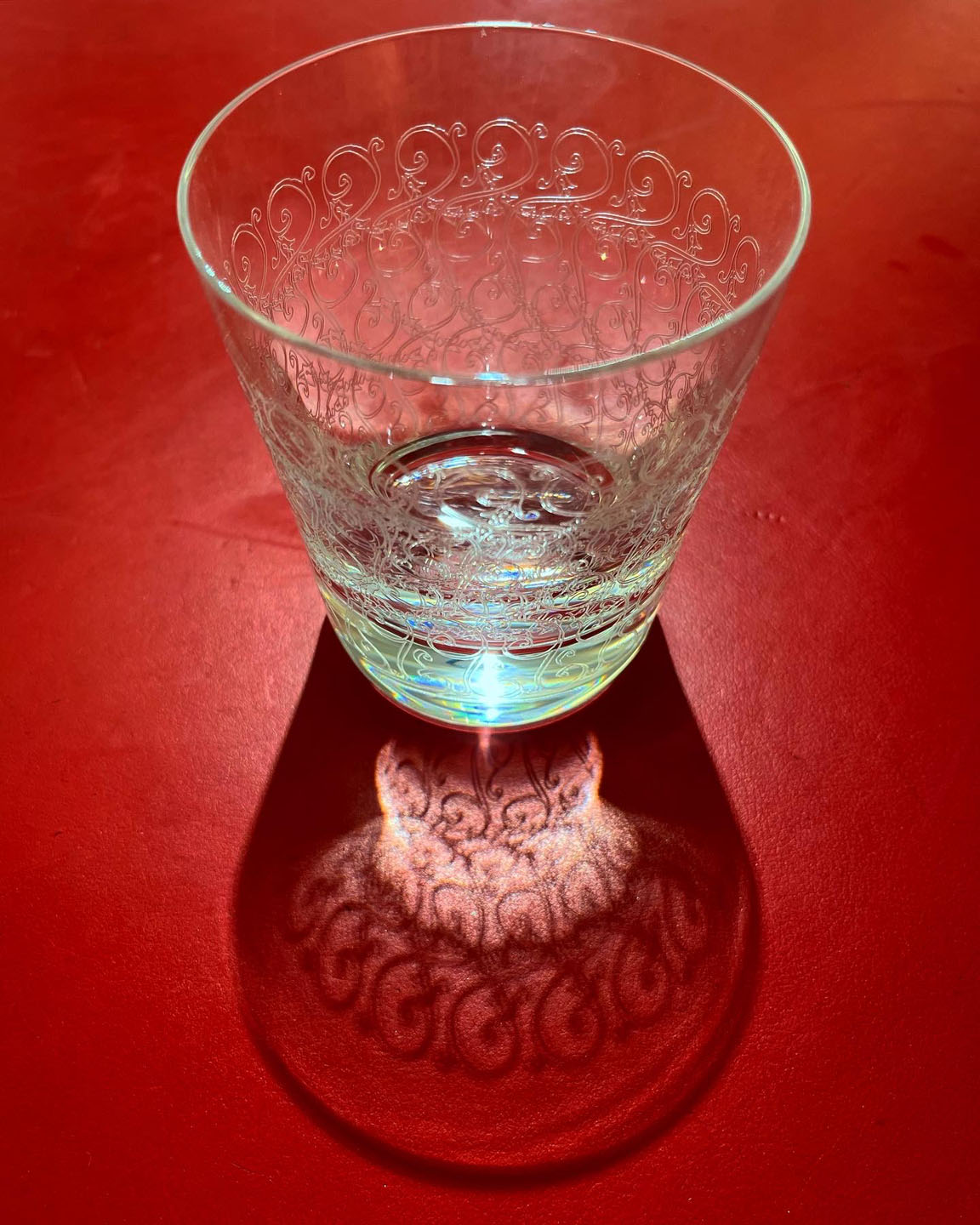
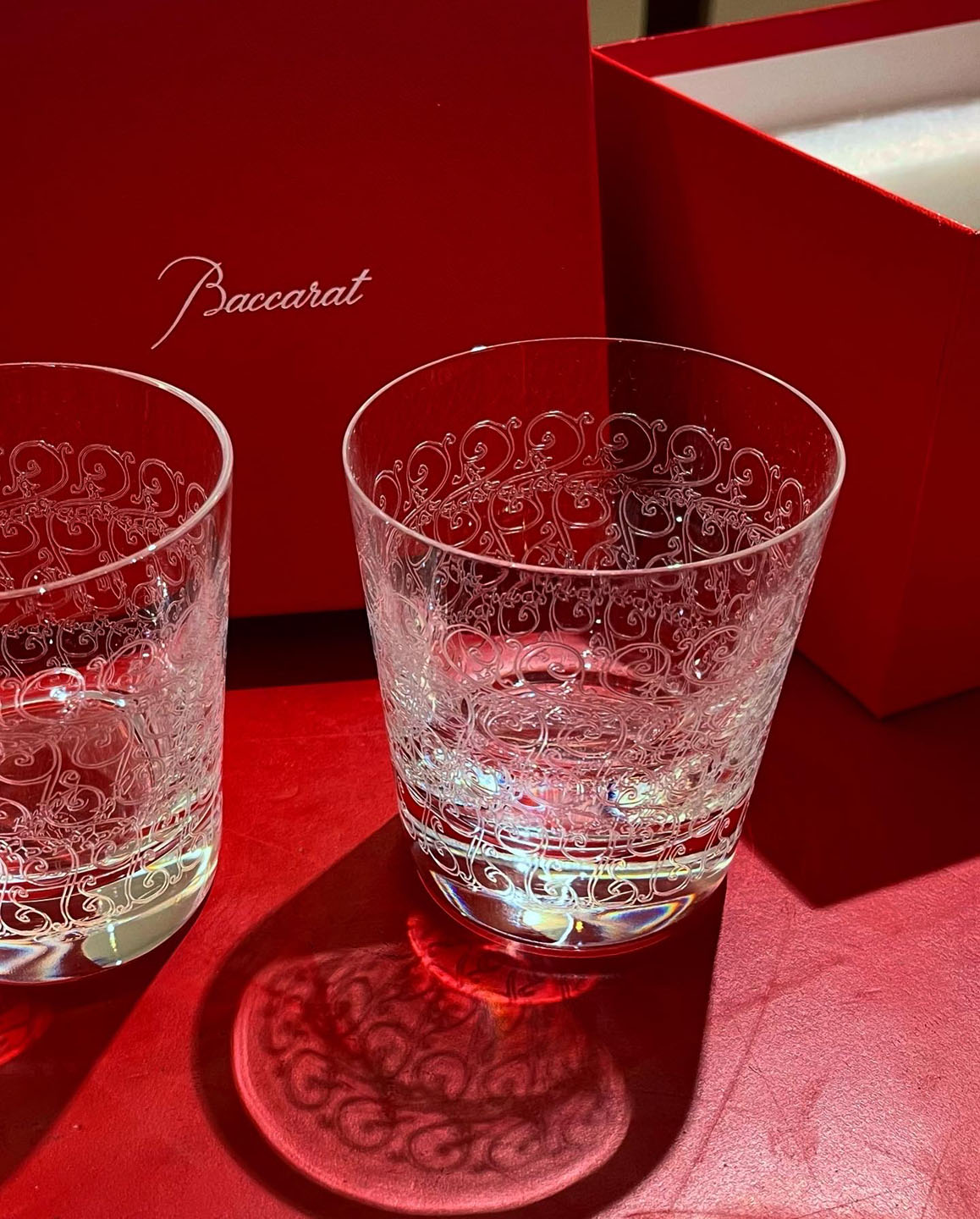
Chuck, I was entranced by your fine time in Oxford and London, but especially your telling of counting coup, winning without injuring your opponent. One wonders just who was civilized and who was uncivilized? Rick Banning
Thanks Rick!
I don’t think I conveyed the magic of Oxford and its books sufficiently. I was pretty worn out – mentally and physically.
Maybe I’ll write an addendum.
Thank you reading and commenting!
Chuck
Addendum, Please!
With Thanks for another wonderful read.
Thanks Tommy.
I have added some things in subsequent stories!
Best
Chuck